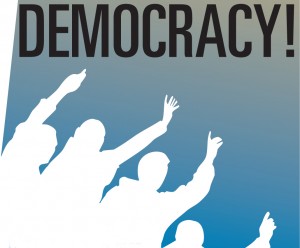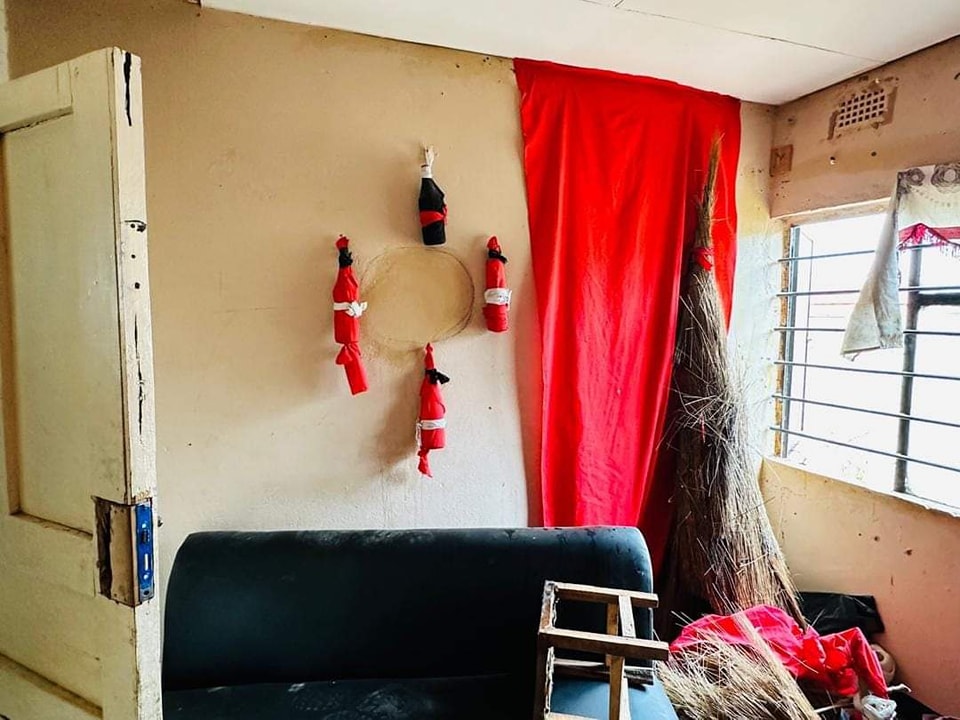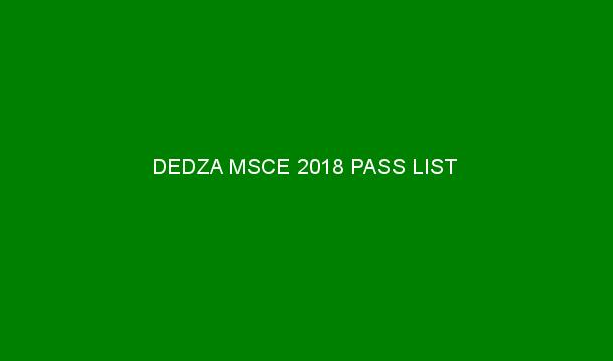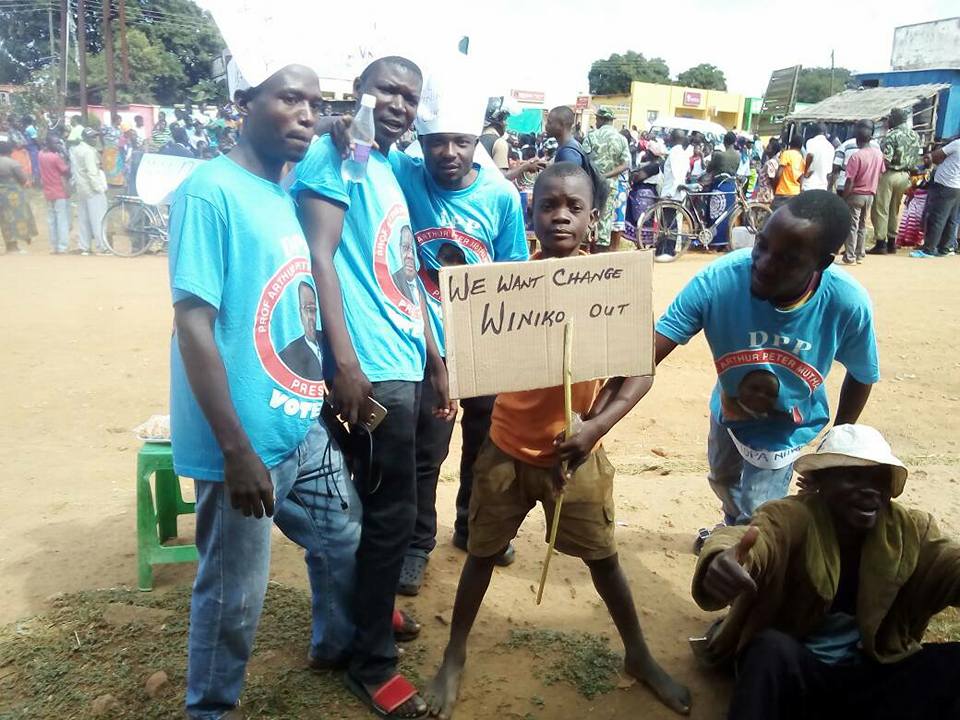 There are many who believe democracy fails to thrive in Africa because of bad influences from traditional leadership. In Africa, a chief is not elected. The position is inherited from within the family by following family blood lines. Once elected a chief is removed by death. Until recently, these practices were fine as traditional leaders were not entitled to any form of remuneration from the state.
There are many who believe democracy fails to thrive in Africa because of bad influences from traditional leadership. In Africa, a chief is not elected. The position is inherited from within the family by following family blood lines. Once elected a chief is removed by death. Until recently, these practices were fine as traditional leaders were not entitled to any form of remuneration from the state.
With the advent of democracy in 1994 and the desire to entrench indirect political influence to village citizens, traditional leaders have become recipients of public taxes in the form of monthly honorarium. Through the Chief’s Act, the government in power decides to use tax money for controlling the chiefs. And in recent years the chief’s have become distributors of expensive farm inputs to the poor in their village communities.
It is indeed an irony that an accountable government can entrust chiefs with the responsibility of distributing subsidized farm inputs like fertilizer and seeds. While it might right for chiefs to identify the intended beneficiaries, unfortunately this only encourages corruption. Chief Kwela of Ntcheu “lamented that the responsibility of distributing farm inputs has brought enemy between chiefs and citizens in a village.” The sentiments by Chief Kwela were echoed by Chief Gumbo of Balaka. He confirmed that morally it was not possible to give the subsided farm inputs to others in the village before considering blood relations.
Why then does the ruling party continue to distribute the subsidized farm inputs through Chiefs who are not public servants? That decision alone by government is a corrupt act. The aim is to win favors. The chief is given responsibility without accountability. Those who have studied management would agree that efficiency requires responsibility and accountability to correspond.
Chiefs live with the masses in villages and they have the opportunity of influencing decision in rural areas. Chiefs are opinion formers and government recognizes this role. This is the reason vehement objections from the opposition are ignored by the ruling party. It is business as usual.
Those in government deliberately choose not to listen from the opposition because the subsidized farm inputs help them to gain cheap popularity. It is the epitome of high level corruption in which public goods are illegally used to win votes by the ruling party. Then who has the power to stop this high level corruption? It is impossible to stop it.
Others argue that the Anti Corruption Bureau should be the one to stop it because it is independent by definitions. The reality is that independence is relative. It is similar to the independence of a child; its independence from parents is relative. In fact it is academic to expect independence by a child from its parents. It is a dilemma.





No comments! Be the first commenter?